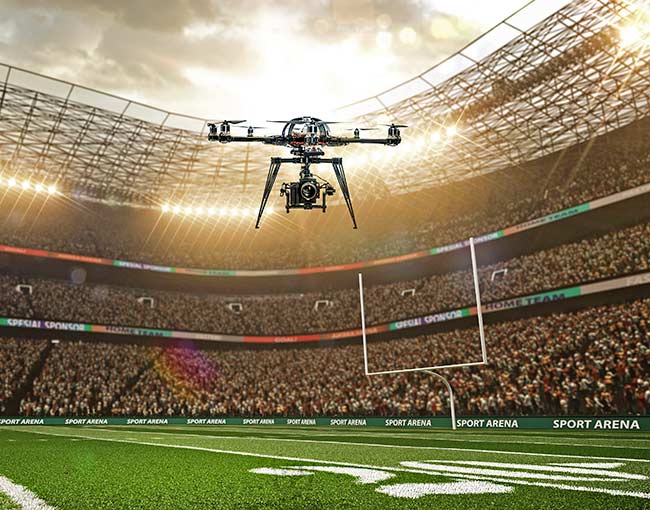Last week the Federal Aviation Administration (“FAA”) announced a plan to streamline the process and requirements for permitting academic-related use of Unmanned Aircraft Systems (“UAS”). The FAA’s interpretation clarifies the use of UAS for hobby or recreational purposes at educational institutions and community-sponsored events. It also applies to student UAS use in furtherance of classroom instruction at an accredited institution.
Persons may operate UAS in connection with educational institutions and community sponsored events so long as they abide by section 336 of the FAA Modernization and Reform Act of 2012 (“Section 336”) (the hobbyist/recreation section of the Act) and are not compensated for the operation. Section 336 requires that flights be non-commercial, operated in accordance with community-based safety guidelines, flown with aircraft weighing no more than 55 pounds, and flown away from manned aircraft and airports. Under these conditions, aircraft do not require FAA authorization (other than to have the aircraft properly registered). Students in science, technology, and aviation-related courses at accredited educational institutions may also operate UAS in conjunction with the course, again provided Section 336 is followed. The clarification also specifically permits UAS operation for arts and filmmaking courses. Additionally, some faculty assistance is permitted under the interpretation, though it may depend on the extent of assistance and the nature of the course. Where the FAA has interpreted an operation or assistance goes beyond hobby or recreational use, additional approvals are required.
Since drones have so many practical applications (filmmaking, engineering, robotics, surveying, agriculture, to name a few), this is big news for academic institutions across the country, which have previously had to pursue more lengthy avenues for FAA approval of their students’ drone use for coursework and demonstration. Still, the FAA limited its clarification to permitting faculty (depending on the course) to render “limited assistance” with a classroom operation, not separate academic research. We will have to wait and see to find out how this academic authorization meshes with the FAA’s Final Rule on the Operation and Certification of Small Unmanned Aircraft Systems, expected in the near future. Stay tuned...
If you have any questions regarding the content of this posting or use of UAS in your business, please contact Sean McGowan or Tyler Black.

